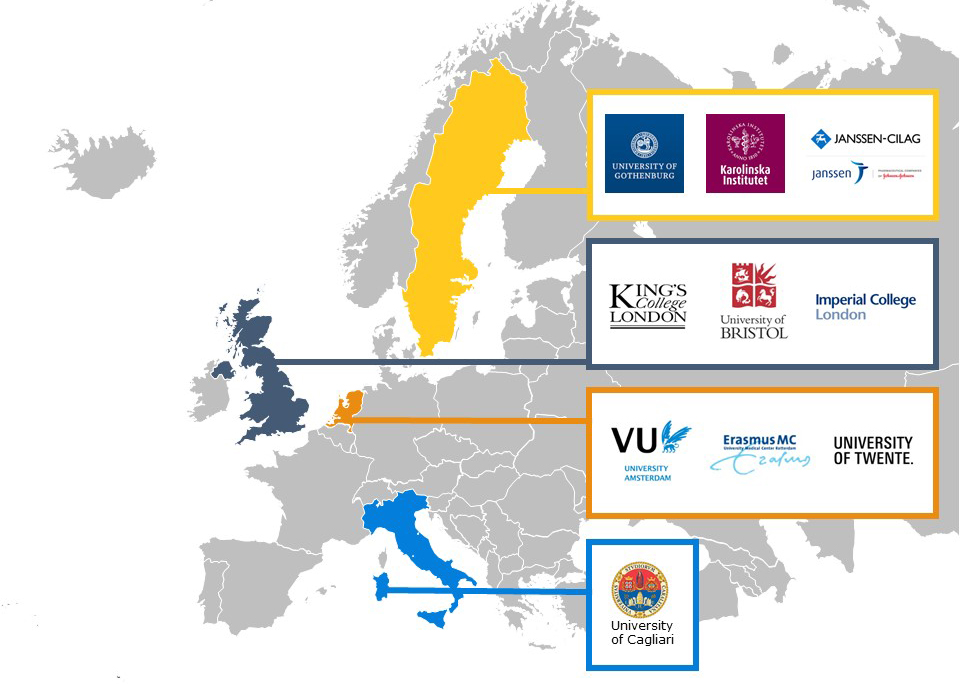It is highly probable that an individual living with a psychiatric disorder such as anxiety or depression has a family member that also has mental health problems. Similar to traits like height and eye color, psychiatric problems are also heritable. This is why health practitioners often ask for the family history of mental illness when making a diagnosis.
Research suggests that psychiatric disorders are strongly influenced by genetic factors. In the past, studies in twins were the most popular method of investigating the genetic basis of psychiatric traits.
In a classical twin model, the correlation in a trait between identical and non-identical twins is compared. As identical twins share 100% of their genes whilst non-identical twins share 50%, a higher correlation rate between identical twins compared to non-identical twins for a trait indicates that the trait has a genetic component. Twin studies over many years have consistently found strong genetic effects for psychiatric traits.
Within molecular research, many efforts have been made to identify genes that are associated with susceptibility to psychiatric disorders. However, genetic studies investigating the relationships between single genes and psychiatric outcomes have been largely unsuccessful.
Single gene findings are both rare and difficult to replicate. It is now thought that there is no substantial effect of single genes on psychiatric behavior. Instead, the genetic basis of psychiatric disorders is thought to be the cumulative effect of many genetic variants of small effect. To identify these common genetic variants, large-scale studies examine the DNA of thousands of individuals at the whole-genome level. Individuals with a disease or trait (cases) are compared to those without (controls), in order to identify genetic variants in the DNA that are associated with a disorder. Such studies have been successful in improving our understanding of the genetic basis of psychiatric disorders.
For example, a recent study of major depressive disorder studied genetic variants in 135,000 individuals with depression and compared them to 344,000 controls. The authors found 44 genetic variants associated with depression. Additionally, the study provided biological insight by discovering brain regions (particularly the frontal cortex) potentially affected in depression.
With this new era of molecular genetic research, we can expect to further improve our understanding of the genetic influences underlying psychiatric disorders. This is also one of the aims of the CAPICE project; to clarify the role of genetic and environmental factors underlying mental health symptoms in childhood and adolescence.












